Web Directions Conffab
Stream and download nearly 1,000 presentations from hundreds of world leading experts at 50 conferences…and counting
With free and paid levels, keep up to date with all that's happening in our industry at your own pace.
The evolution of software engineering in the age of AI
Here's everything you need to now to get the most from Engineering AI on the day. If you are having any trouble logging in or having any issues with ticketing, just email us and we will be back in touch as soon as we possibly can.
Government networks in particular sometimes filter our emails, so they won't even get to you. In which case, if you can email us with a different email address, we'll sort you out straight away.
Engineering AI takes place at Aerial Conference Centre, Building 10, Level 7/235 Jones St, Ultimo NSW 2007.
Simple turn up fron 8am Friday, September 12th, and we'll have your ticket waiting for you.
Engineering AI Online takes place on our streaming platform, Conffab. Simply log in with the email address you registered with, and we'll be waiting for you.
Government networks in particular sometimes filter our emails, so they won't even get to you. If you have trouble logging in for this reason, please email us with a different email address, and we'll sort you out straight away.
Engineering AI takes place Friday September 12th, 2025. Registration is from 8am and sessions start promptly at 9am.
Talks finish at 5pm and please Join us from 5-6:30pm for our happy hour and a half.
Engineering AI is fully catered with amazing coffee.

Large Language Models aren't just changing how software is written—they're changing what it means to be a software engineer. From code generation and automated testing to intelligent agents and new development patterns, AI is reshaping the entire engineering lifecycle.
Engineering AI is designed to help your team stay ahead of these shifts—not just by learning how to use AI tools, but by understanding how to lead, architect, and collaborate in an AI-shaped world.Here's what we're bringing you in person (and streaming) in 2025. With more online at Conffab.
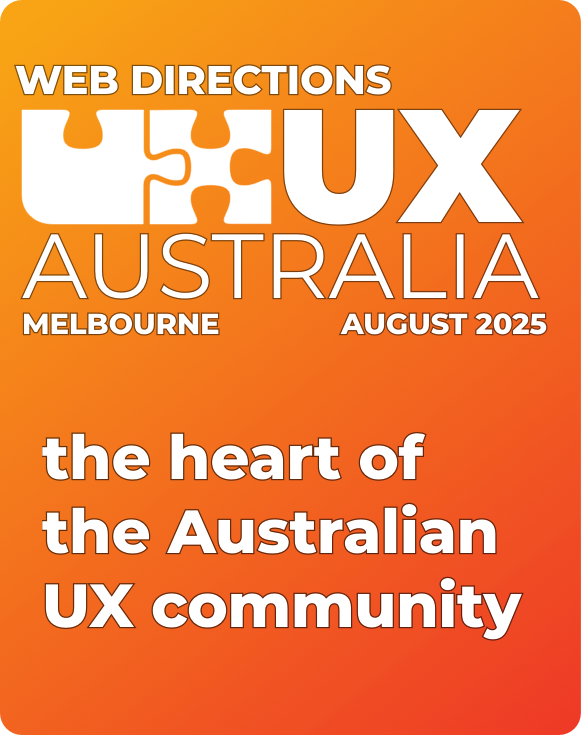
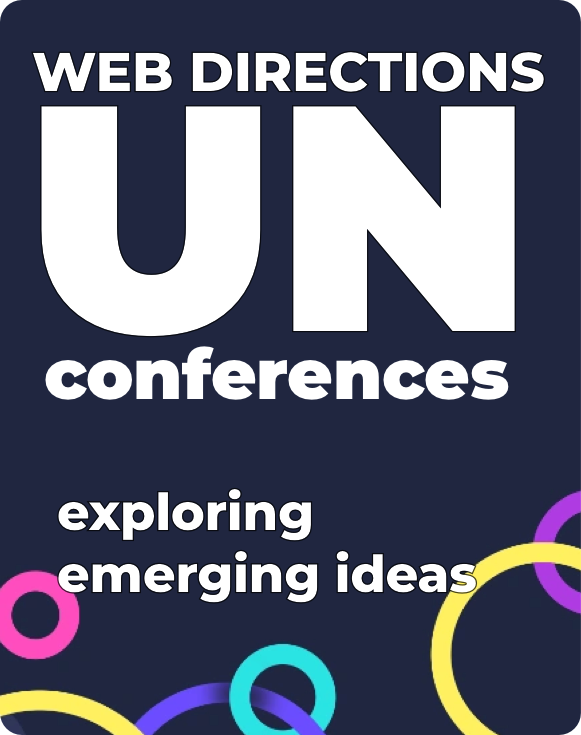

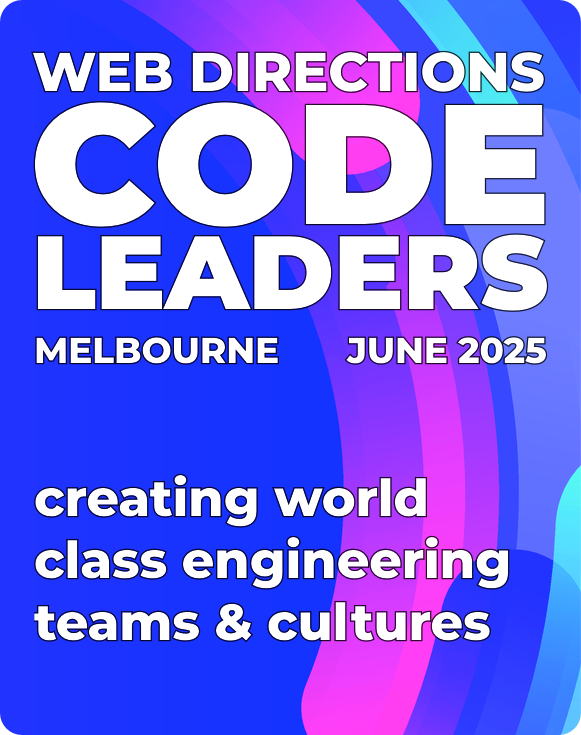
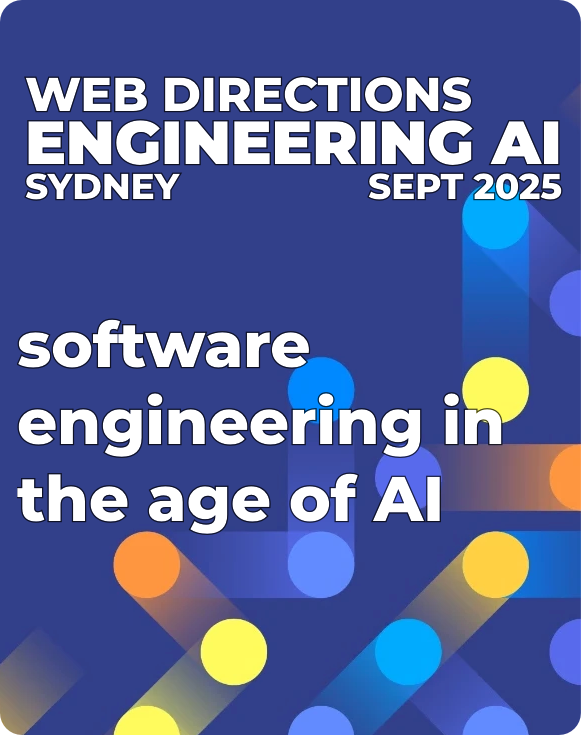
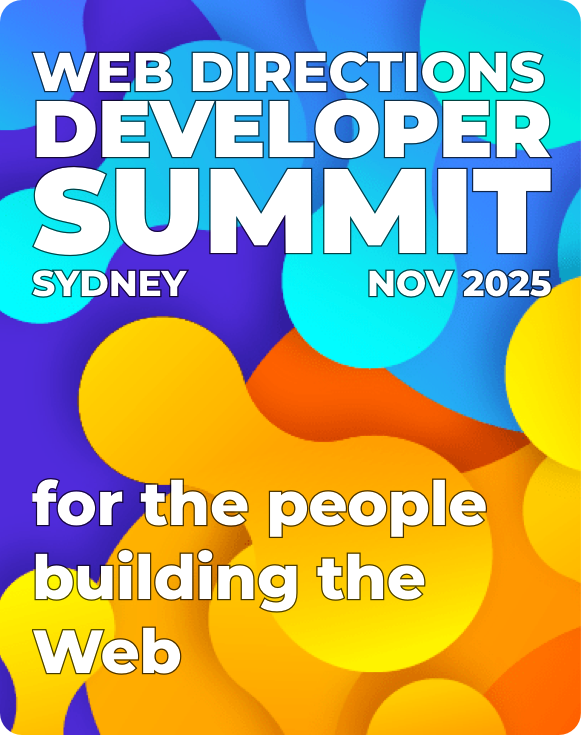

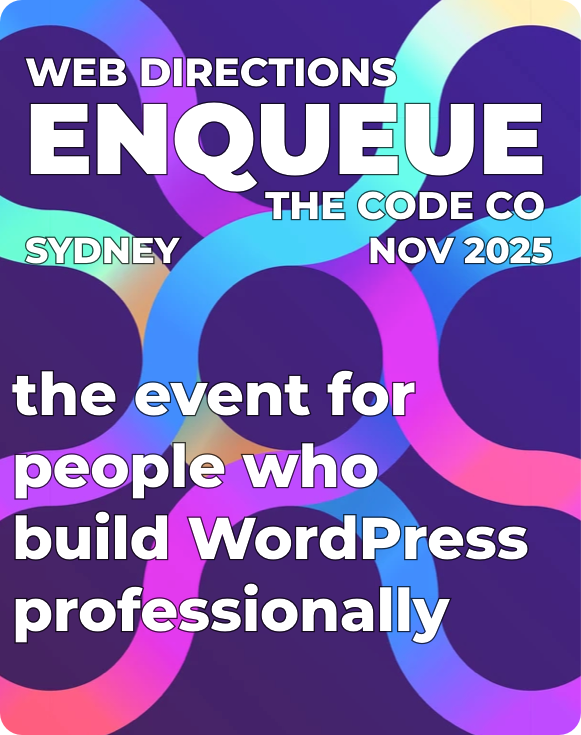
Large Language Models are transforming the tools, processes, and very nature of software engineering. From AI-assisted coding to autonomous agents and model-driven development, what it means to build software—and to be a software engineer—is being reimagined in real time.
At Engineering AI, we’ll explore this rapidly shifting landscape. What practices still hold? What assumptions no longer serve us? What new skills are becoming essential? And what are the emerging roles, responsibilities, and risks in an AI-shaped engineering discipline?
Join us as we examine how LLMs are reshaping not just the products we build, but software engineering itself.
10 expert talks covering the impact of AI on the practice of Software Engineering.
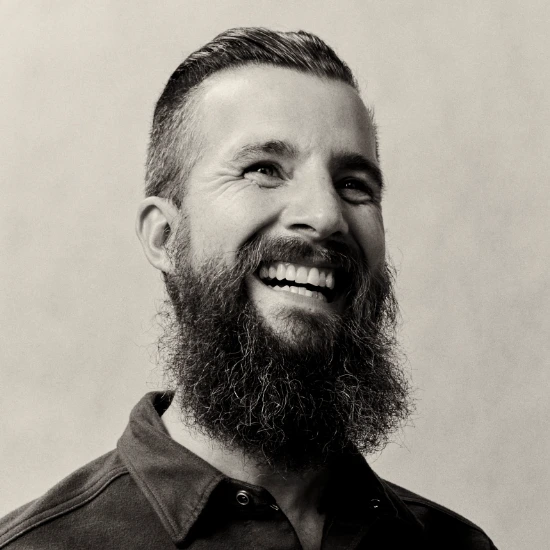
Everyone assumes engineers are the first to adopt new tech. But when AI hype exploded, I dragged my feet.
I wasn’t sure if it was another overhyped wave or something quietly rewriting how we work. Would it make me more effective or obsolete? What would I even use it for?
This talk shares my journey from healthy skepticism to thoughtful adoption, and the real-world use cases we’ve found valuable inside a fast-moving product company. From engineering to marketing to product, I’ll walk through where AI has genuinely helped us build faster, make better decisions and where we’ve deliberately chosen not to use it.
More importantly, I’ll talk about how we stay human in the process. That includes avoiding the AI feedback loop (e.g AI writing LinkedIn posts for other AIs to comment on), designing AI-assisted experiences that feel useful, and helping teams use AI as a tool, not a crutch.
It’s a candid, practical talk for engineers and leaders figuring out where AI fits into real work not just job descriptions.

Large-language models now write boilerplate, propose tests, and even suggest architecture but those wins also introduce new failure modes, governance hurdles, and skill gaps. This session maps the concrete ways AI is upending each stage of the software-development life cycle and what it means for individual engineers and team leads. We will:
Attendees will leave with a practical toolkit for evolving their own processes—and their skill sets—from human-only coding to AI-augmented engineering while safeguarding quality, security, and ethical standards.
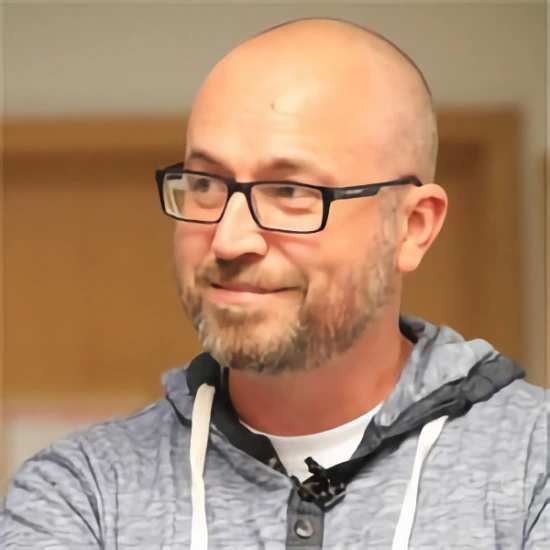
Michael Neale, creator of codename goose, an on-machine, open source AI agent built to automate your tasks explores the emerging landscape of ambient AI—agents that don't just respond to commands, but actively observe, learn, and work alongside you throughout your day. Drawing from his experience at the intersection of developer tooling and AI, Michael examines three critical shifts happening right now:
This isn't a distant future—it's happening now. Come learn how to live productively with AI that knows you better than you know yourself.

If you've ever wished there were three of you (or maybe just a quieter version who gets stuff done), this talk is for you. As Head of Engineering at Relevance AI, I’ve been quietly offloading parts of my job to agents - and somehow still kept my job.
In this session, I’ll share how I use AI to automate the boring parts, delegate without a team, and build agents that make decisions so I don’t have to. You'll get real examples, battle scars, and a practical playbook for working smarter - or at least pretending you are.
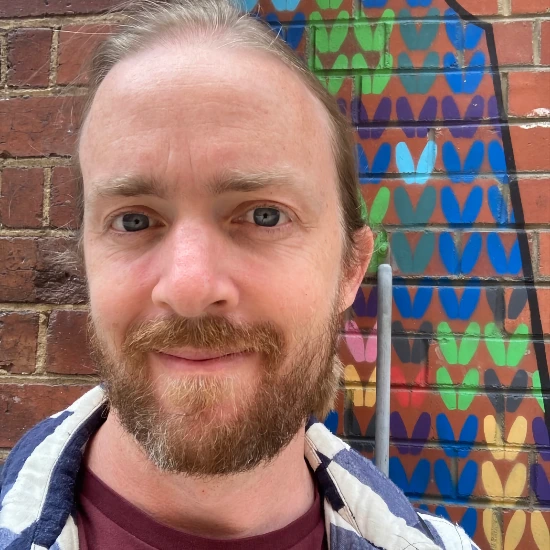
Some of the most important work in the software development lifecycle can also be some of the most boring! Keeping a codebase healthy requires a bunch of small repetitive tasks like keeping up with the breaking changes in dependency updates, or switching from an old architectural pattern to a new one in the hundreds of places that followed the old way.
Large Language Models work best with clear instructions, examples to follow, and just the right amount of context. With a bit of context engineering they can be remarkably effective in these kinds of repetitive and tedious changes - allowing you to make sweeping tech health improvements across either your gigantic monoliths or sprawling micro-services (or both if you’re really lucky). AI might be coming for our jobs, but it’s still not quite there yet, so let’s have fun giving it the boring jobs.
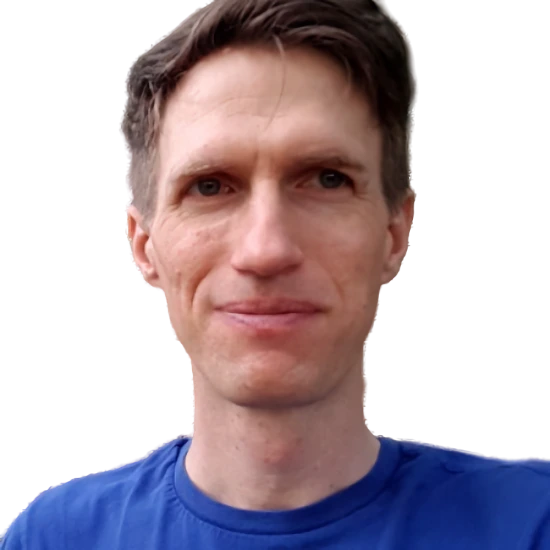
Everyone's shipping AI features. Nobody's talking about how to test them properly.
When AI becomes part of your application stack, traditional testing approaches break down fast. Non-deterministic outputs wreak havoc on CI pipelines, token costs spiral out of control, and teams struggle to build confidence in systems that make decisions they didn't explicitly program. Let's dive into test practices used in Envoy AI Gateway and Codename Goose. You'll see recorded response, local model serving, and LLM evaluation/benchmark techniques in non-theoretical applications.
This isn't about testing AI models themselves, but about maintaining software quality when intelligence becomes infrastructure. Whether you're integrating with external LLM APIs or running models locally, you'll walk away with concrete strategies for testing AI-powered applications that teams can implement immediately.

Think MCP servers are complex enterprise-grade infrastructure? Think again. Ben Tayor breaks down the surprisingly straightforward process of building Model Context Protocol servers that extend AI capabilities in meaningful ways—demonstrated through a real code sandbox implementation that lets LLMs safely execute code.
You'll see exactly how Ben built an MCP server that connects AI assistants to a secure WebAssembly-based code execution environment, transforming conversational AI from a text generator into a fully capable programming partner. This isn't theoretical—you'll watch real examples of Claude solving LeetCode problems and calculating prime numbers by writing and running actual code.
Ben will cover
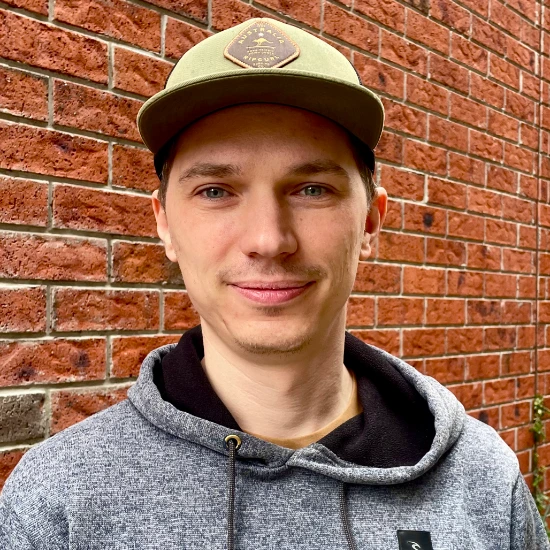
Integrating AI capabilities into existing software systems fundamentally changes how we approach software engineering. This talk explores the engineering practices, architectural considerations, and operational challenges that development teams face when their tech stacks need to support AI-powered features.
Drawing from real-world experiences at CultureAmp and Appear, this session will cover the practical engineering challenges of preparing existing systems for AI integration:
This talk focuses on the engineering discipline changes rather than product development, examining how traditional software engineering practices evolve when AI becomes a core component of your technical architecture. Attendees will learn practical strategies for evolving their engineering practices and technical systems to successfully integrate AI capabilities.
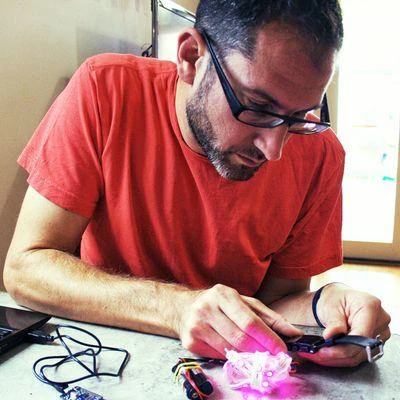
The thought of many coding agents spinning up across a mature codebase fills some engineering managers with dread, worrying about how to manage all the changes, deal with potential merge conflicts, half complete PRs, and agents going into a spiral and simply building the wrong thing. However, if you suddenly onboarded twenty grads into your development team, you would see many similar problems because the underlying systems and processes don't support a sudden influx of new developers into the codebase.
Coding agents require some specific guidance, but systems and mechanisms you implement to help scale your AI development agents can also provide additional support for your human developers when they are onboarding to a new codebase or a new part of the stack - making your dev team more resilient and productive in the long run too.
In this session, we'll cover how to implement engineering systems and processes that benefit coding agents as well as humans and make the whole team more effective and productive and the codebase more sustainable.

Stop fighting with AI tools and start architecting with them. Most engineers are stuck in prompt-and-pray mode, but the real productivity gains come from systematic workflows that turn AI from a frustrating chatbot into a strategic partner.
This talk reveals three battle-tested patterns that will fundamentally change how you build software. You'll see exactly how to compress months of learning into days, why your long ChatGPT conversations always derail (and how to fix it), and discover the "scratchpad" technique that prevents you from making the same mistakes twice.
This isn't about productivity hacks—it's about becoming an architect of AI-augmented workflows that amplify your engineering expertise and accelerate your entire team's capability.

Software development has enjoyed a remarkably consistent foundation for over 40 years—but that era is ending. Just as we once leapt from assembly to high-level languages, we’re now entering a new phase: programming with large language models. This shift isn’t incremental; it’s a new layer of abstraction. For engineering leaders, the challenge isn’t just adopting new tools—it’s guiding teams through a fundamental change in how we build software.
In this talk, Geoff Huntleys explore why now is the moment to reassess your carefully crafted roadmaps, identify which assumptions no longer hold, and prepare your people for a different kind of work. We’ll talk about accelerating your team’s “oh-fuck” moment—the realization that things are changing faster than expected—and how to support them through the emotional and professional turbulence that follows.
Want to keep up to date with news about Engineering AI 25? Let us know below and we'll email you as things develop.
Attend Engineering AI by itself, or add our Next, AI Dev Summit or Enqueue conferences to the mix.
To make your budget go as far as possible, we have special pricing as follows. Choose your ticket type to see the associated price and the savings you can make.
Self-Funded is anyone paying their own way, regardless of who your employer might be. junior is someone in a junior or early-career role. edu is for anyone at an educational institution, could be an educator, but could be in another role. NFP is for anyone working at a not-for-profit. And Agency is for anyone working in an agency.
In-person conferences are fully catered (morning and afternoon tea and lunch) including any dietary requrements. Our conferences feature amazing coffee (and more). Code also features a reception.
Streaming passes include access to the conference livestream on our very own platform Conffab, including live captioning and chat, access to the stream on demand after the event and to the conference videos when they become available.

Not everyone is ready, or able to get back to in-person events. Others find online conferences provide greater accessibility, or make their training budget go further. So we'll be streaming Engineering AI, on our very own streaming platform Conffab.
Web Directions Engineering AI will take place in September at Aerial at UTS.
Right near Central Station, there are numerous public transport options, and parking available close by.
If you're coming from out of town, there are many hotel and serviced apartment style accomodation options in and around the area.

Keen to connect with those in the industry shaping its direction? Then Engineering AI is for you.
We work closely with our partners and their technologies to deliver world leading online conferences. Contact us to talk about how we can help you be even more awesome.
With free and paid levels, keep up to date with all that's happening in our industry at your own pace.
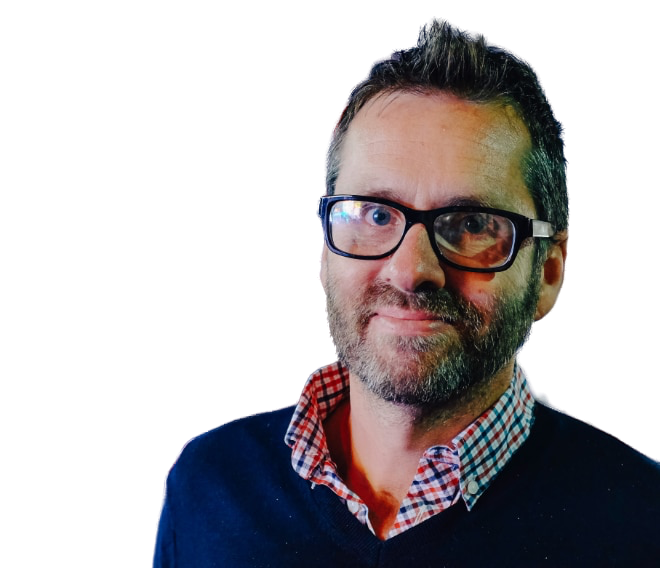
John Allsopp has been working on the Web for nearly 30 years. He's been responsible for innovative developer tools such as Style Master and X-Ray, and his ideas formed the foundation for Typekit, now Adobe Fonts, and the entire concept of Responsive Web Design. He's spoken at numerous conferences around the World and delivered dozens of workshops in that time as well.
His writing includes several books, including Developing With Web Standards and countless articles and tutorials in print and online publications.
His "A Dao of Web Design" published in 2000 is cited by Ethan Marcotte as a key influence in the development of Responsive Web Design, who's acclaimed article in 2010 begins by quoting John in detail, and by Jeremy Keith as "a manifesto for anyone working on the Web".
John brings his deep knowledge of and passion for the web and all things digital to every aspect of Web Directions.
Co-founded and now run by John Allsopp, Web Directions has for nearly 2 decades years brought together leading developers, engineers, visual, IxD, UX and product designers, Art and Creative Directors, product managers indeed everyone involved in producing web and digital products to learn from one another, and the World's leading experts across this vast field.
We spend our lives thinking about what comes next, keeping up with trends in technology, practices and processes, and filtering the hype, to make sure you don't miss trends that matter, and don't waste time on hype that doesn't.
We promise attending one of our events will leave you significantly better versed in the challenges you face day to day, and in solutions for addressing them.
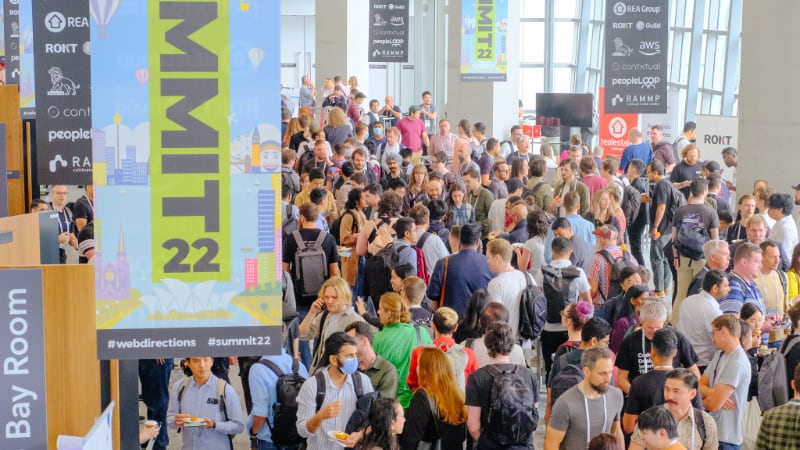
For over a decade, we've worked hard to create inclusive, fun, inspring and safe events for the Web Industry.
As part of our commitment to these values, we've adopted a code of conduct for all involved: ourselves, our speakers, our partners and our audience.
If you have any concern or feedback, please don't hesitate to contact us.